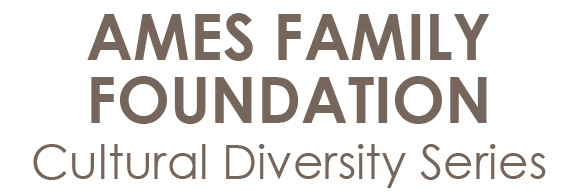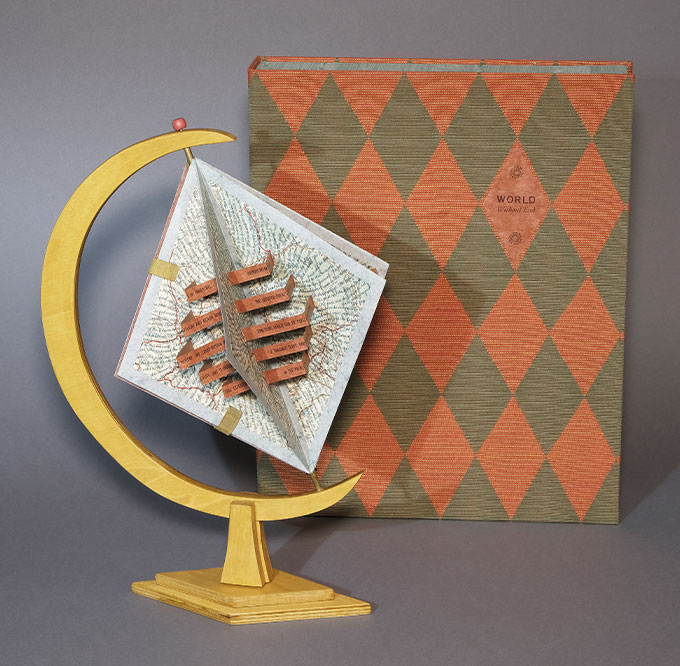
Troubling: Artists’ Books that enlighten and disrupt old ways of being and seeing
Past Exhibition
by Tia Blassingame and Ellen Sheffield
Within the deep lineage of visual art that explores challenging subject matter, the genre of artists’ books has long played an integral role in educating about and advocating for themes of socio-political and cultural justice topics. Book artists utilize the book form in these cases to trouble—or disrupt— the status quo. In some instances, the artist is also the disruptor, as in Clarissa Sligh’s It Wasn’t Little Rock. The work describes her family’s experience with racism and school integration in 1956 where she was the lead plaintiff in a school desegregation class action suit. Co-curated by Ellen Sheffield and Tia Blassingame, Troubling: Artists’ Books that enlighten and disrupt old ways of being and seeing is an exhibition of artists’ books that explore racial, environmental, and LGBTQIA+ justice themes.
Artists’ books have an uncanny ability to take even the most challenging, complex, polarizing content and mix it with techniques from papermaking to paper engineering and printmaking with almost any other elements—from photography and poetry to cyanotypes and letterpress printing—in order to have a conversation with the reader/viewer. These conversations may be intimate, emotional, educational, thought-provoking, opinion-altering, and world view expanding. Especially relevant and timely given the collective anxiety of the continuing pandemic, escalating environmental crises, and ongoing devastating effects of systemic racism, our need for engaging with difficult issues is even more urgent.
In Reparations, graphic designer and former Minister of Culture for the Black Panther Party Emory Douglas forms a pictograph formed by chained human figures to make the point for reparations for the descendants of enslaved Africans. Allison Leialoha Milham combines music with historical documents to discuss the occupied state of Hawai’i in Uluhaimalama: Legacies of Lili’uokalani.
Jaime Lynn Shafer’s Mix and Match Families fights against prejudices that question the validity, and at times, possibilities of familial units that society may not consider acceptable or normal. In Morgan Stewart’s A Bare Bones Guide to Pronouns, talking skeletons—in an angry and confrontational or simply informational manner depending upon the edition—introduce the use of and respect for a person’s pronouns.
Shu-Ju Wang’s Superfoodland!, an artist’s book in the form of a board game, examines the environmental effects of consumerism and our obsession with the latest superfood; Randha Pandey’s Deep Time presents a sequence of clove and indigo dyed papers depicting water and soil, erosion and sedimentation with topographical map die-cuts embodying these alarming environmental shifts.
To complement Troubling, the Book/Print Artist/Scholar of Color Collective members were invited by Blassingame and Sheffield to contribute images of their work to the window banner, bringing together seemingly disparate voices and identities, signaling to visitors strength in community. The installation hangs proudly in Bainbridge Island Museum of Art’s Beacon Window Gallery, facing out toward the thousands of visitors arriving by ferry each day. The collaborative window piece contains images from Artists’ Books by five Book/Print Collective members Alisa Banks (Armoire), Nabil Gonzalez (Who Are You?), Sun Young Kang (Filtered Memories), Skye Tafoya (5:46 am, 2021), and Lukaza Branfman-Verissimo (#TakeCareOf).
The Book/Print Artist/Scholar of Color Collective is a group founded by Tia Blassingame in 2019 that brings Black, Indigenous, and People of Color (BIPOC) book artists, papermakers, curators, letterpress printers, and printmakers into conversation and collaboration with Book History and Print Culture scholars in order to build community and support systems.
Tia Blassingame is a book artist and printmaker exploring the intersection of race, history, and perception. Utilizing printmaking and book arts techniques, she renders racially-charged images, histories for a nuanced discussion on issues of race and racism. In 2019, she founded the Book/ Print Artist/Scholar of Color Collective, which has over forty members. Blassingame is an Assistant Professor of Art at Scripps College, where she teaches Book Arts and serves as the Director of Scripps College Press.
Ellen Sheffield is a visual artist, writer, and teacher based in Gambier, Ohio and Point Richmond, California. Her works on paper and artist’s books are grounded in collaborations with poets, experiments with found text and working with visual scores to engage themes of place, memory, and language perception. She recently completed fourteen years of teaching Book Arts in the Kenyon College Art Department and currently teaches virtual workshops for arts centers around the country.
When
Where
Share
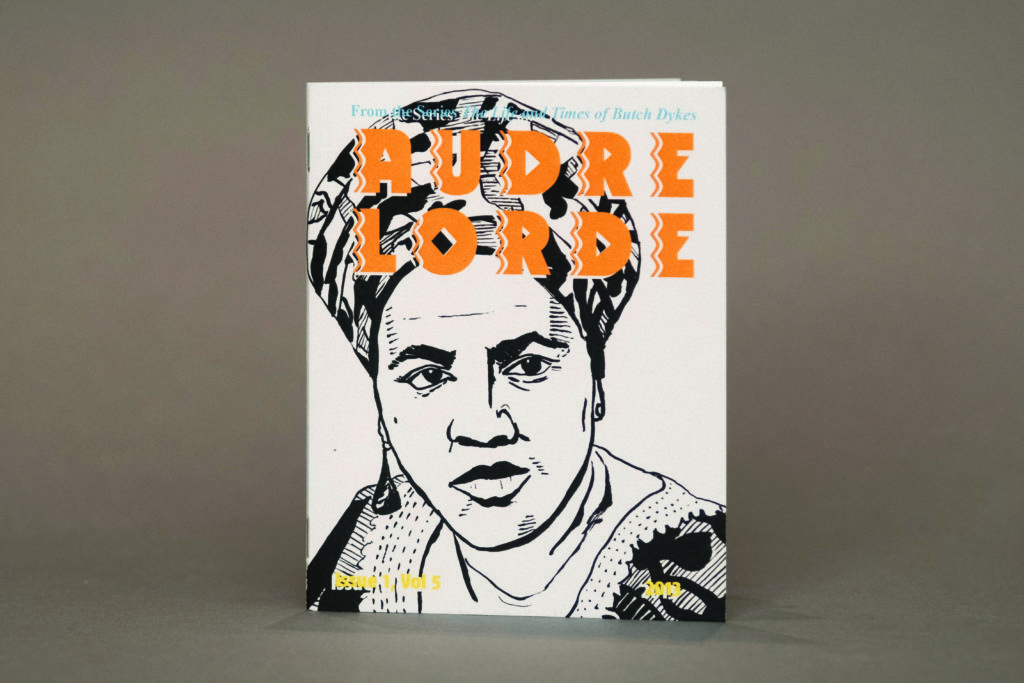
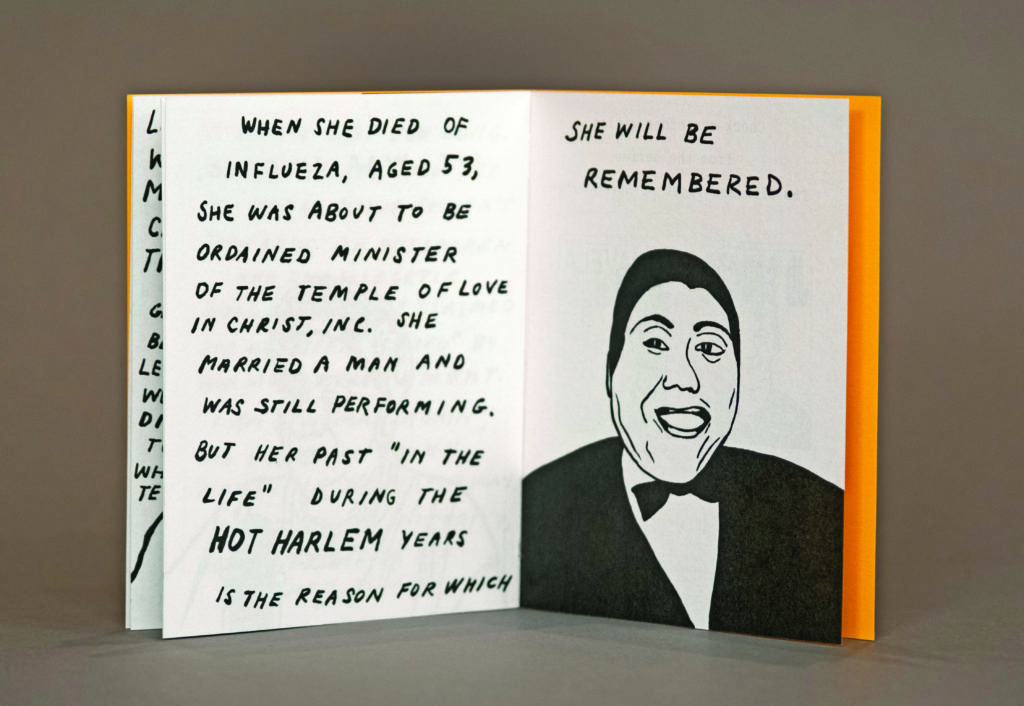
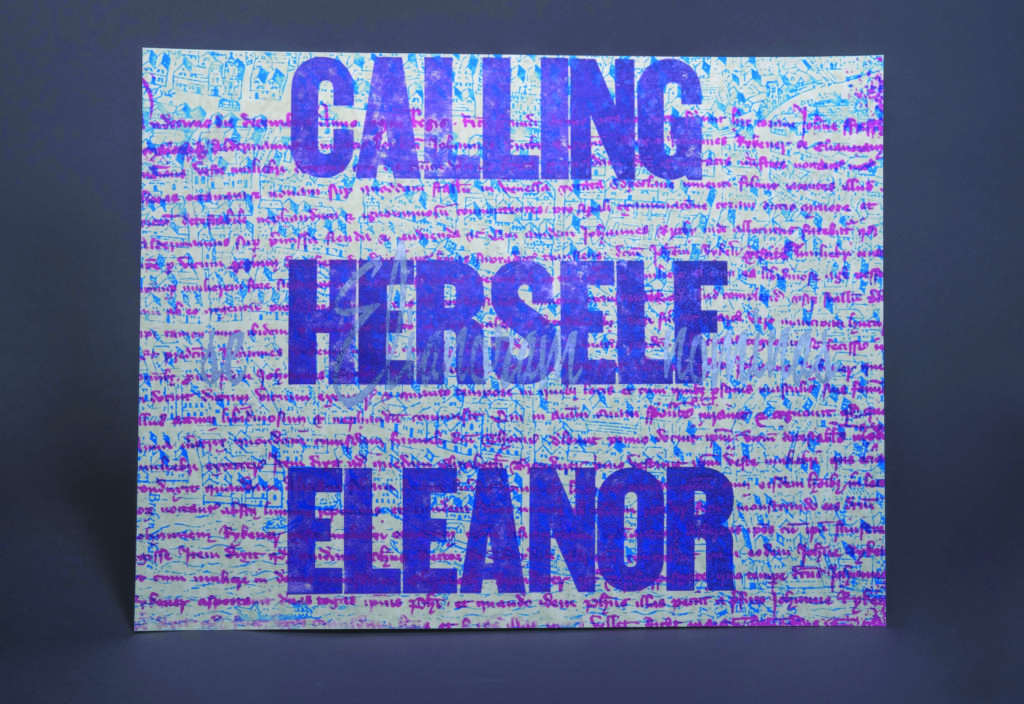
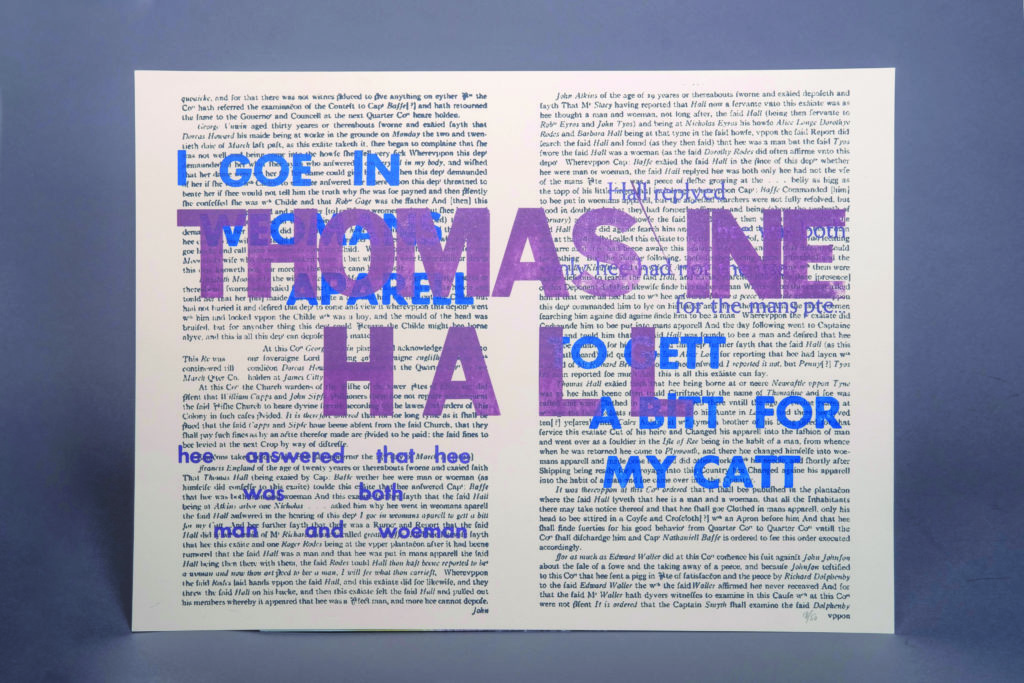
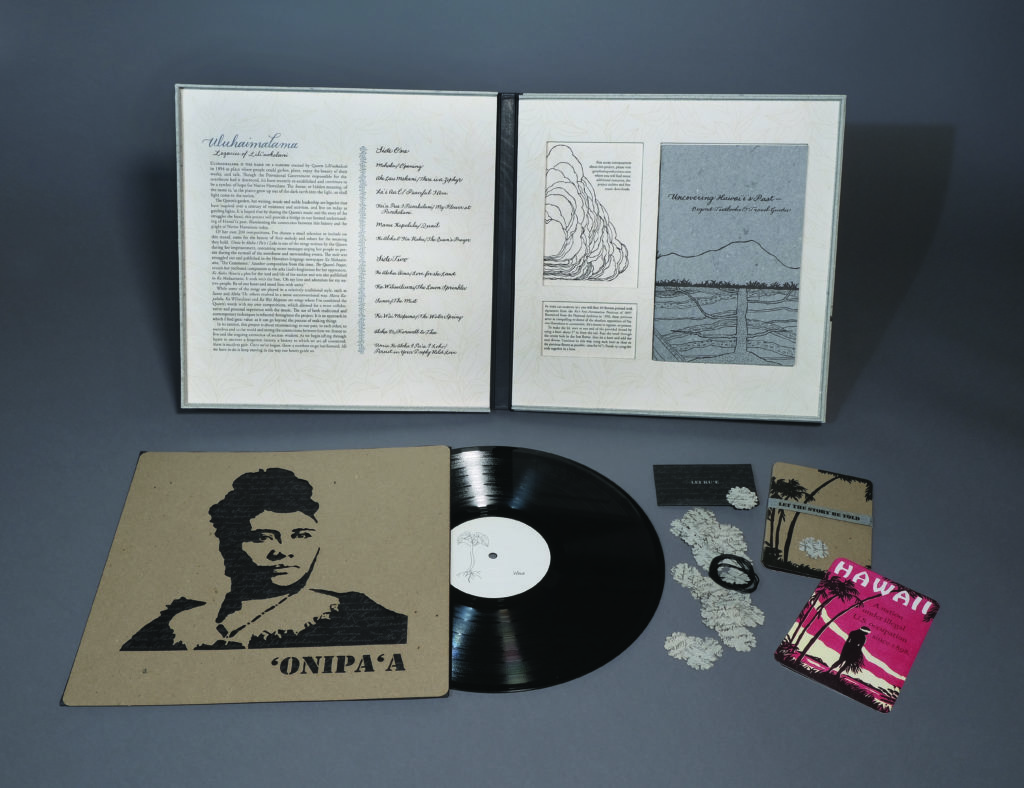
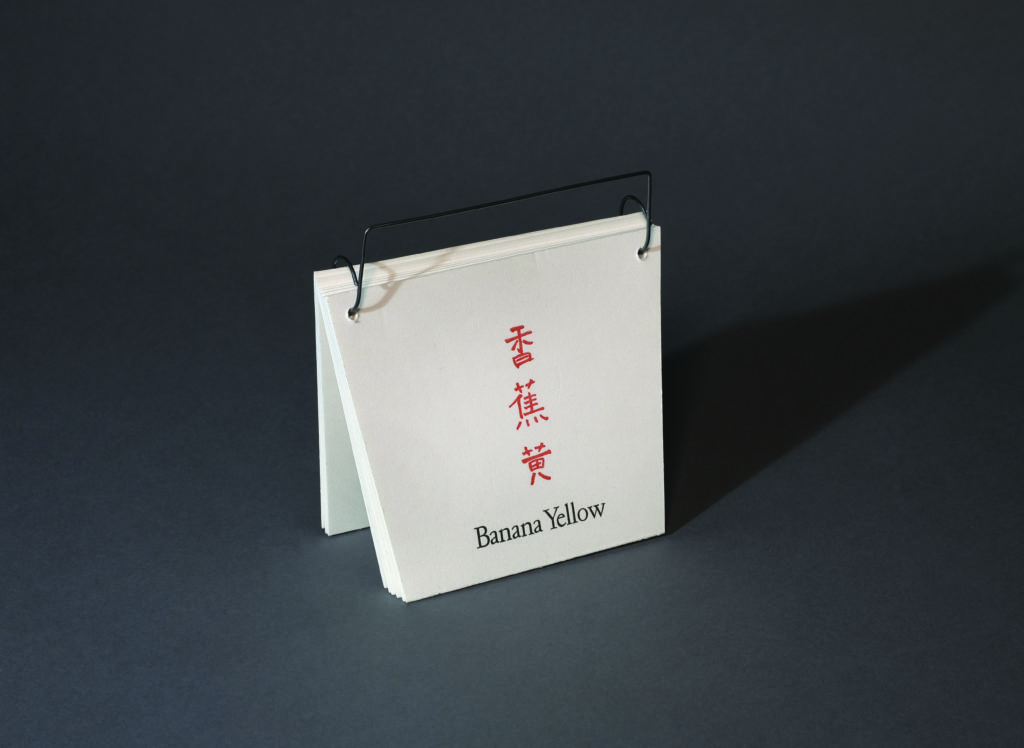
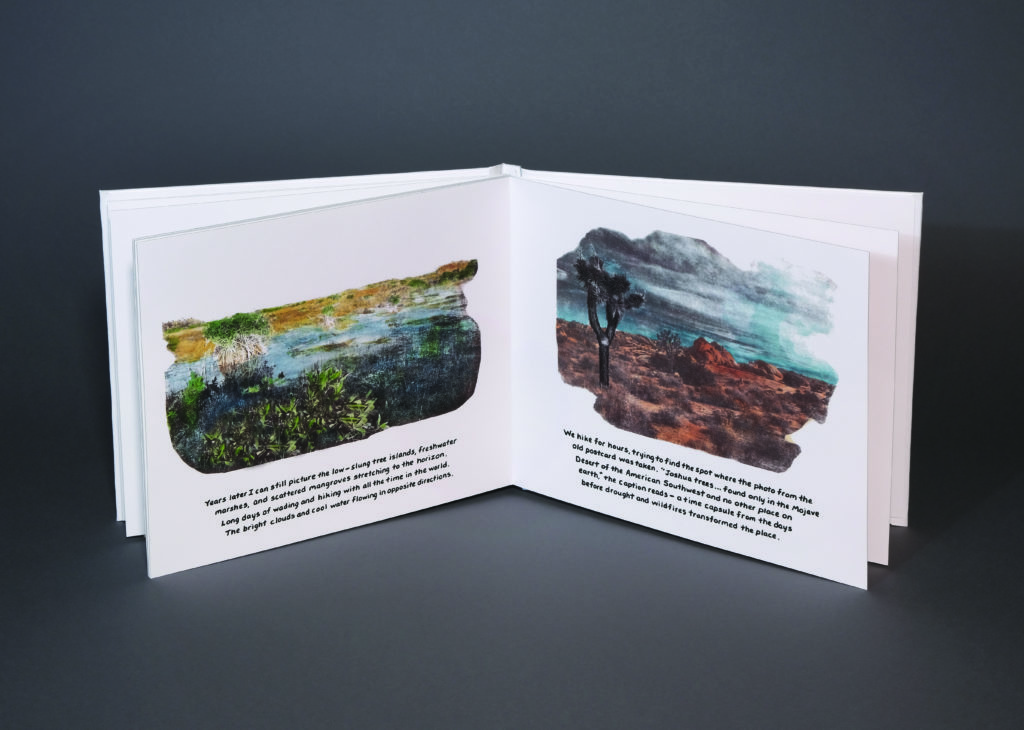
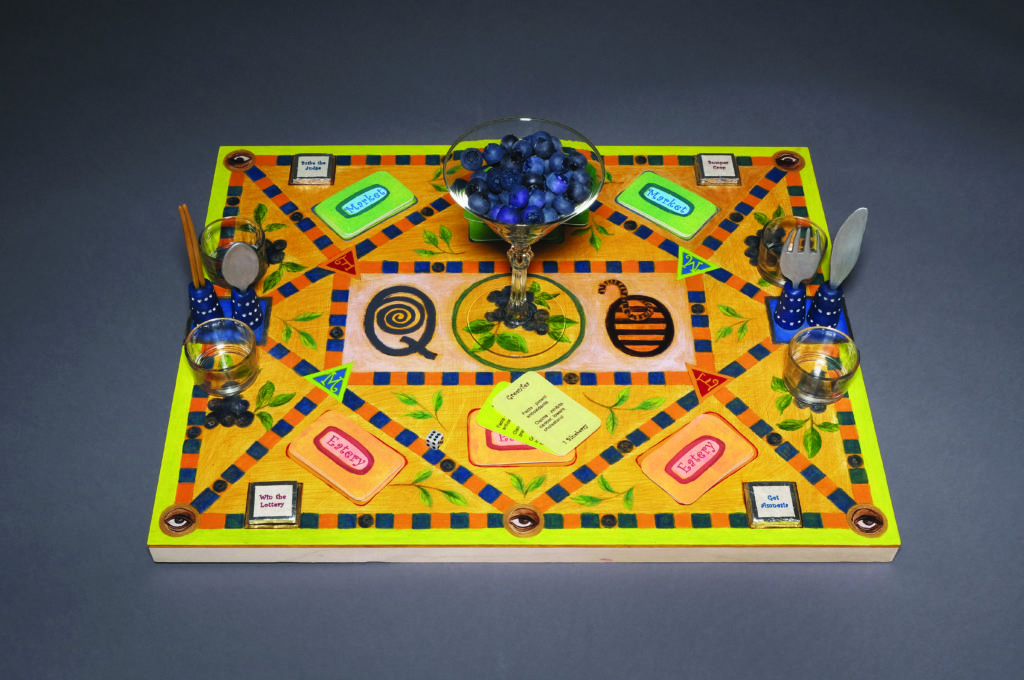
Exhibition Sponsors


